Pot legalization has more benefits than drawbacks
Matt Olson, Copy Editor
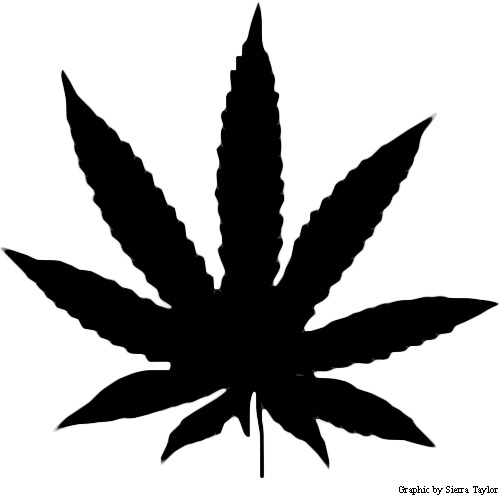 Marijuana. Pot. Weed. You know about it. Chances are that most students on campus have had some experience with it, direct or indirect. You may have done it. You may know someone who has, or you’ve at least heard a story about it. Maybe you caught a hint of its scent on campus, even if you didn’t recognize it. Now it’s time to think about it.
Marijuana. Pot. Weed. You know about it. Chances are that most students on campus have had some experience with it, direct or indirect. You may have done it. You may know someone who has, or you’ve at least heard a story about it. Maybe you caught a hint of its scent on campus, even if you didn’t recognize it. Now it’s time to think about it.
Punishments and sentencing for marijuana possession are harsher than they should be. Many young adults are arrested and jailed, and the court costs that result from simple possession can be staggering for most people in the lower and middle classes. Those without financial stability can be crippled. Some may argue that those without financial stability should not be spending money on marijuana, but this argument is useless to the hundreds of thousands of young adults who have gone or are going through these unnecessary legal processes.
To be fair, driving under the influence of marijuana or public use should be prohibited in the drug’s legalization. The laws should be formed and treated in the same way as laws dealing with alcohol; a drug’s legalization does not and should not make irresponsible use and abuse thusly legal.
Some states have effectively decriminalized marijuana possession, limiting punishment to confiscation and affordable fines. Houston adopted this change last November, while police officers in Austin are allowed to simply ticket offenders in possession of less than two ounces on the basis of their own discretion. Neither Dallas nor Denton have followed suit, and Denton County Commissioners voted down the motion to do so last spring.
Legalization may lead some people to try marijuana when they would not have done so otherwise, but keeping the drug illegal and maintaining unnecessary punishments will not stop people who already use it from doing so. The revenue garnered from these black market sales goes into the wrong hands, namely those of drug cartels. Legalization and regulation can redirect that revenue and related taxes to the government, and the money can be put to good use.
Opponents will argue that legalization will increase the likelihood for the drug to fall into children’s hands, but teens likely have no difficulty in finding marijuana if they want to seek it out. The same goes for alcohol, which is perfectly legal for those who are of age. Teens will drink and smoke if they are interested in doing so, and those who make mistakes with marijuana should not be sentenced as severely as they would be while the drug is illegal.
Using marijuana is a matter of choice. Drinking is, too. Alcohol abuse can lead to addiction, depression and severe medical issues. Marijuana abuse can lead to “the munchies” or a nap. The notion of marijuana as a “gateway drug” is rendered null by the fact that most people who have gone through that gateway tried alcohol before trying marijuana. Alcohol is legal. Marijuana is not.
If marijuana is kept illegal for the purpose of public safely, then perhaps Prohibition should be reinstated so that, as a nation, our values are consistent. Except Prohibition didn’t work, and it led to the establishment and rise of a criminal underworld comparable to today’s drug cartels. Striking down Prohibition was an effective means of dealing with related crime, so perhaps the same approach should be taken with marijuana laws.




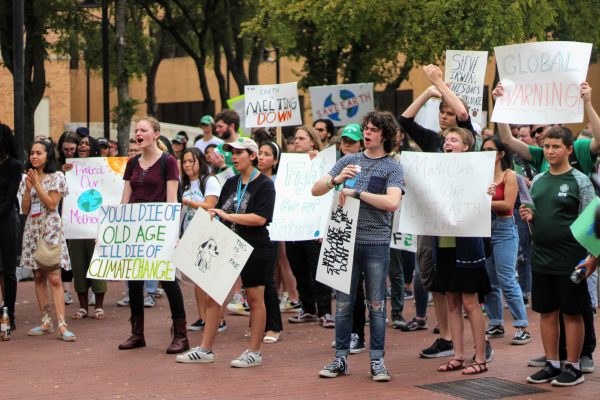


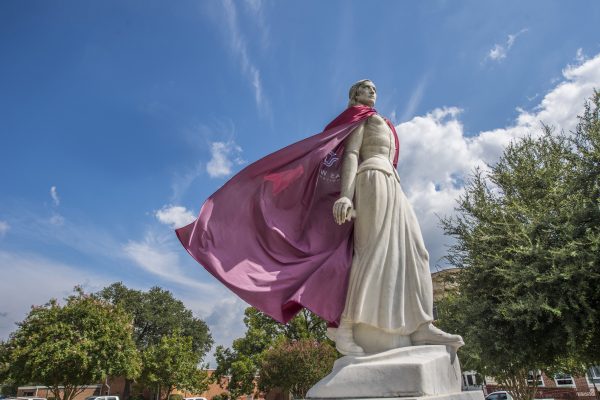

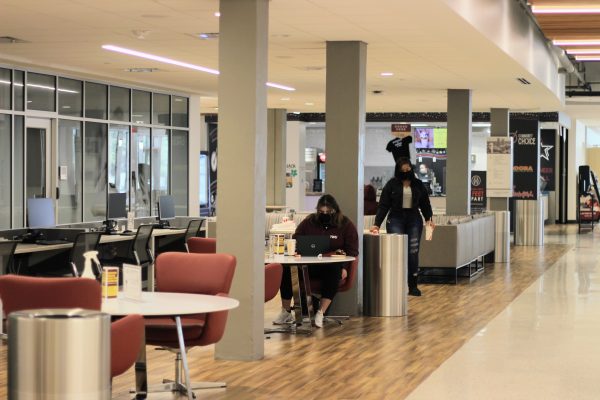
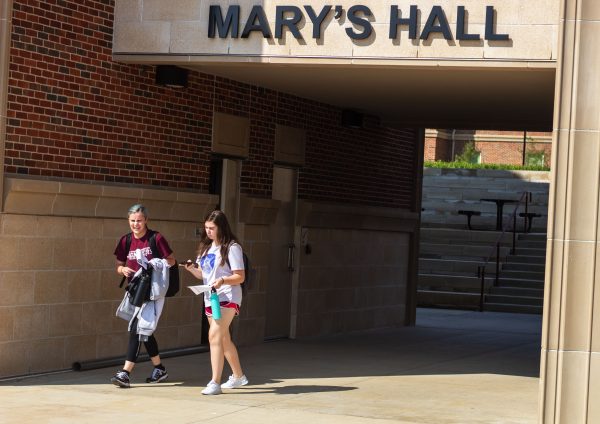

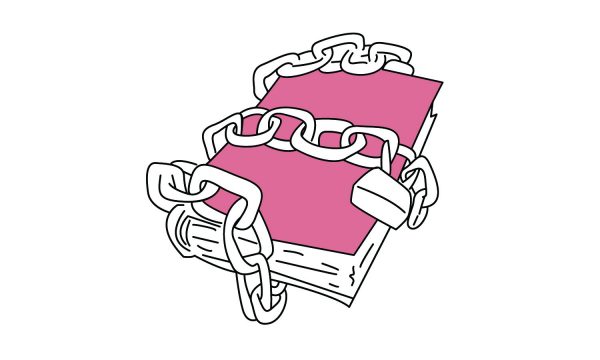


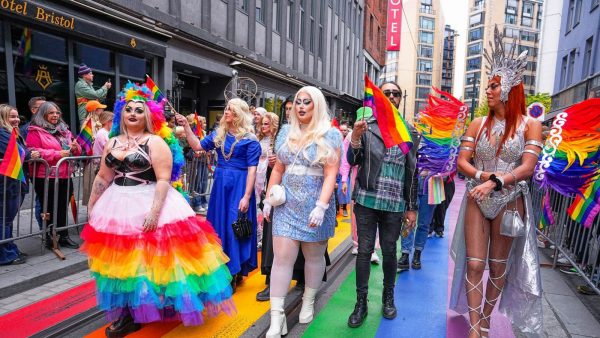
Be First to Comment